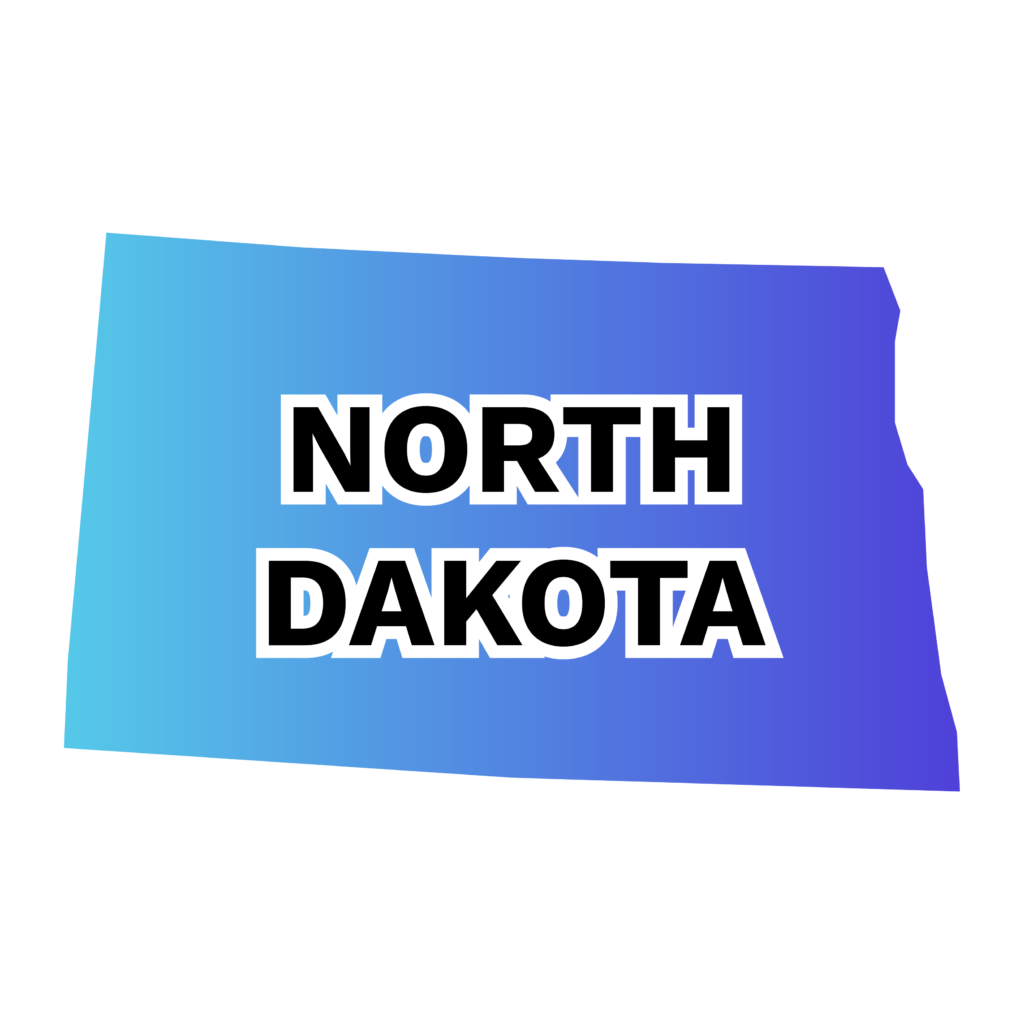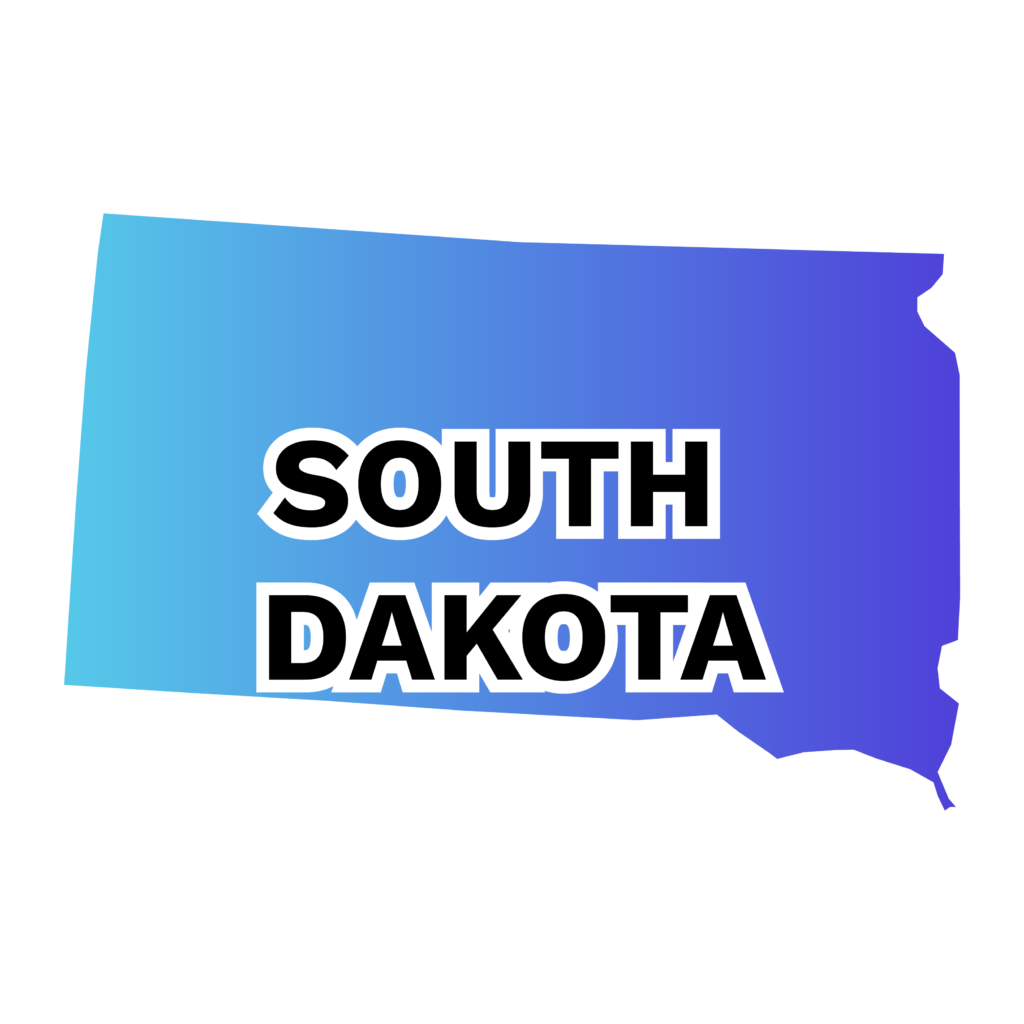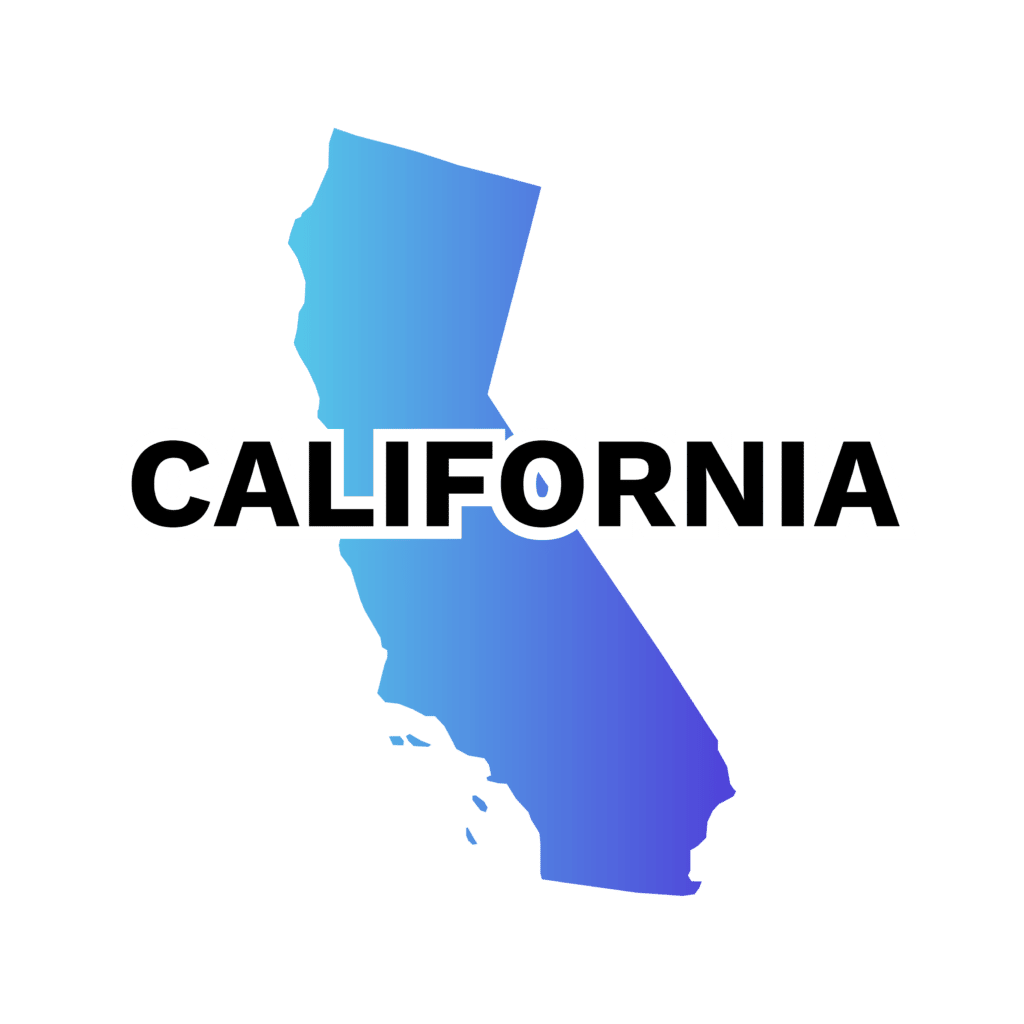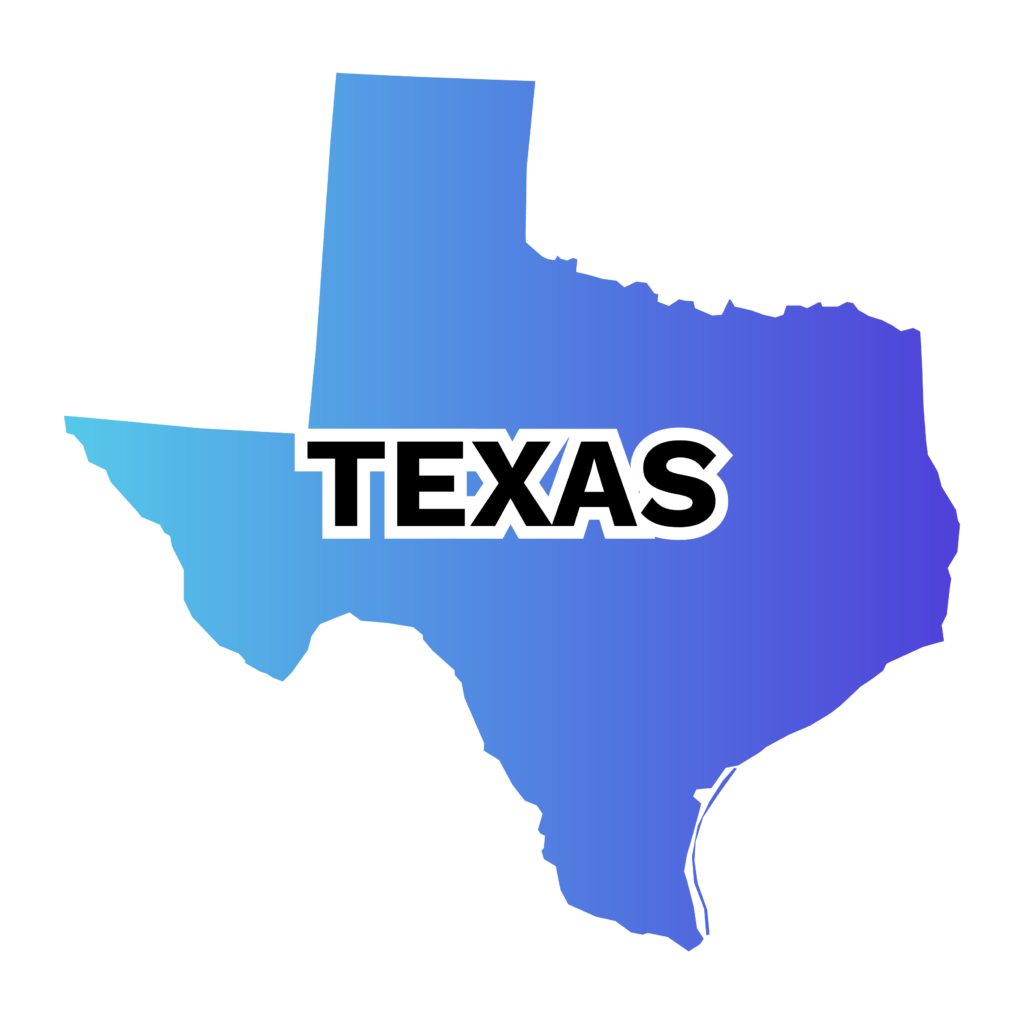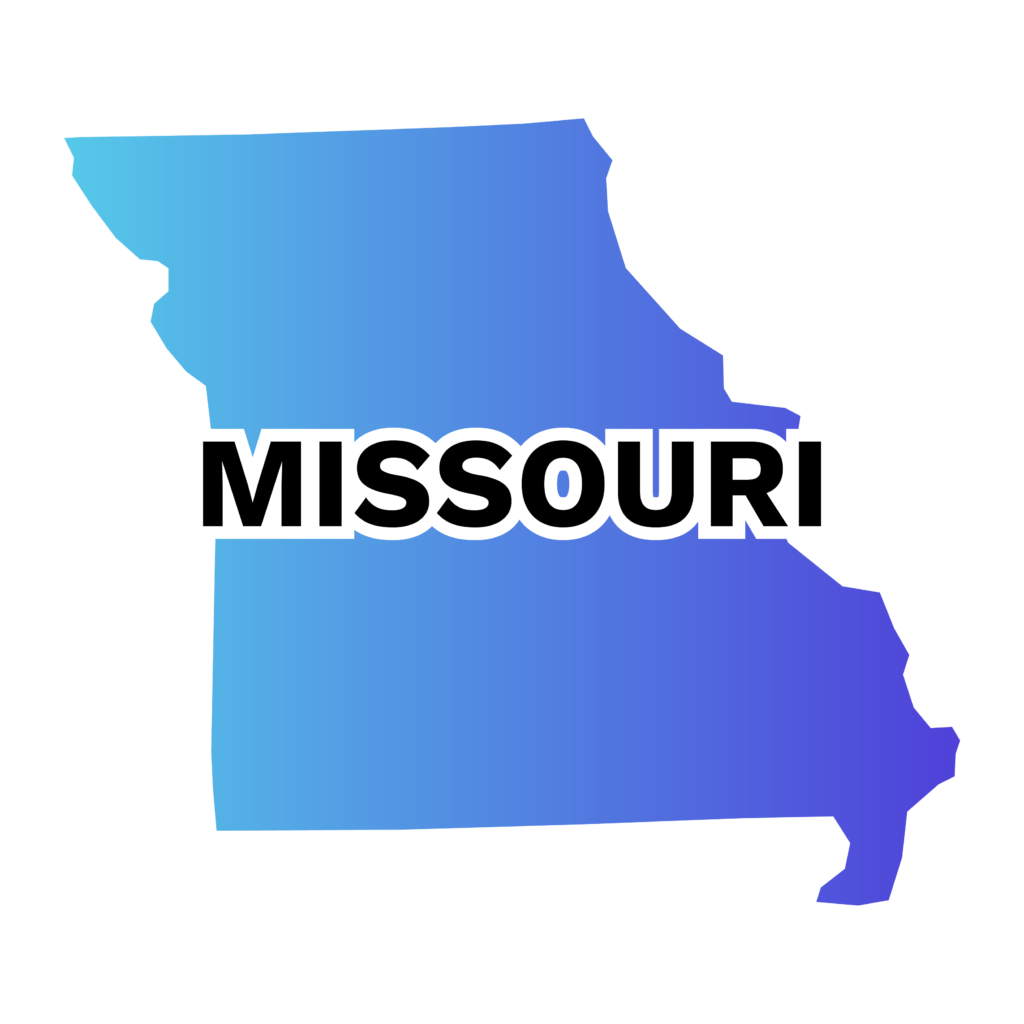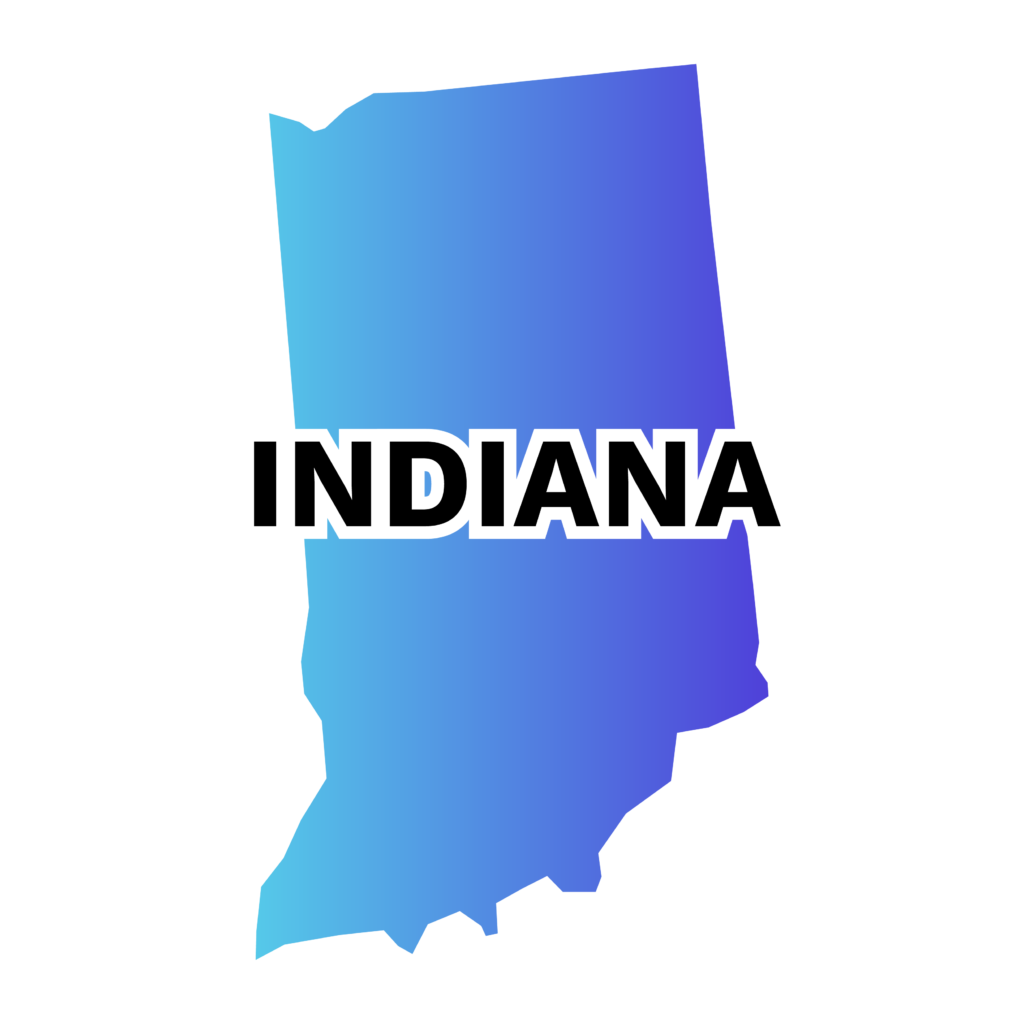The path to becoming a CPA in Colorado encompasses more than just academic and licensure milestones; it also involves handling the profession’s inherent stress. The CPA Journal notes that stress, particularly during busy seasons, is a significant aspect of public accounting, leading to challenges like anxiety and decreased performance.
This guide aims to help you understand the Colorado CPA exam and licensure requirements while offering practical tips on managing the demanding aspects of the accounting profession. Preparing for the exam involves not only mastering technical skills but also developing strategies to manage work-related stress effectively.
Colorado CPA Licensure Snapshot: Steps to a CPA License
Becoming a CPA in Colorado involves a series of steps designed to ensure you’re well-prepared for the challenges of the accounting profession. The process includes:
- Meeting education and verified work requirements.
- Passing all sections of the CPA Exam. Considering a CPA review course is highly recommended, given the challenging nature of the exam.
- Filling out and submitting all required CPA license application paperwork.
- Paying the CPA license application fee.
General Requirements for Colorado CPA Licensure
Colorado is less strict than most states and does not require a minimum age or state residency requirement.
To be eligible to sit for the CPA exam students must first fulfill these qualifications and requirements:
- Minimum age: None
- U.S. Residency: NOT not required
- State Residency: NOT required
Education Requirements
In Colorado, CPA licensure can be obtained through two primary pathways:
- Education with Experience Pathway:
- Candidates must have completed a bachelor’s degree or higher.
- Requires 150 semester hours of education, including specific accounting and business coursework.
- Candidates must gain one year (1,800 hours) of work experience in public or non-public accounting, or academia, supervised by an active CPA or Chartered Accountant from an IQAB MRA country. This experience must be obtained within five years before applying.
- Education Only Pathway (No Experience Required):
- Applicable for candidates holding a master’s or doctoral degree, or a bachelor’s degree with a total of 150 credit hours.
- Requires 45 semester hours in accounting, including coursework in auditing covering U.S. GAAS, and 36 semester hours in general business subjects.
- The work experience requirement is waived for candidates who choose this pathway.
These two pathways provide flexibility for CPA candidates in Colorado, accommodating different educational backgrounds and professional experiences.
Specific Accounting Course Requirements
- Colorado CPA Requirements include 33 semester hours in accounting, excluding introductory courses.
- 27 of these hours must cover areas like Accounting Ethics, Auditing, Financial Accounting, Taxation, etc.
- 6 semester hours in auditing, including a course on U.S. GAAS.
- A 3 semester hour course in Accounting or Business Ethics is mandatory.
Specific Business Course Requirement
- 27 semester hours in business-related subjects, with a limit of 9 hours per subject.
- Coursework can include Business Law, Economics, Finance, Management, Marketing, and more.
International Education Evaluation
- International credentials must be evaluated by an approved service.
- Course-by-course listing evaluation is required.
- Official documentation verifying that the auditing course includes U.S. GAAS.
Guidance on Colorado CPA Education Requirements from a Reddit User
A helpful tip from a Reddit thread suggests that for specific queries about Colorado CPA education requirements, contacting the Colorado representative at NASBA via email at cpaes-co@nasba.org can be very beneficial. The NASBA representative can assist in determining the relevance of your coursework, helping to avoid unnecessary classes by reviewing your transcripts against potential courses. It’s advisable to compile all your questions in a single email to avoid prolonged back-and-forth communication, as responses may take about a week. Remember to include your jurisdiction number in the email’s subject line for efficient handling of your inquiry.
Colorado CPA License Experience Requirement
- One year (1,800 hours) of experience in public or non-public accounting or academia, within 5 years of application.
- Supervised by an active CPA or Chartered Accountant from an IQAB MRA country.
*CPA applicants who received a bachelor’s degree before July 1, 1993 must adhere to the old CPA requirements.
**International candidates: The State Board no longer accepts Association of Chartered Certified Accountants (ACCA) certificates to fulfill the educational requirement.
Please check out the Information and Application for Pre-Evaluation if you have questions regarding this rule.
Ethics Exam
In Colorado, the AICPA ethics exam is a crucial step in the CPA licensure process, designed to uphold the highest standards of integrity and professionalism among CPAs. The ethics course with the exam is priced at $299 with a $245 rate for AICPA and CIMA members. It focuses on the AICPA Code of Professional Conduct. It covers topics like independence, integrity, and objectivity, and includes real-world scenarios to test the application of these principles.
Colorado Exam Fees
| Auditing and Attestation (AUD) | $344.80 |
| Business Environment and Concepts (BEC) | $344.80 |
| Financial Accounting and Reporting (FAR) | $344.80 |
| Regulation (REG) | $344.80 |
| Application Fee: | $160 |
In Colorado, the total cost of taking all four sections of the CPA exam amounts to $1,379.20. This fee is evenly distributed among the four sections, with each section costing $344.80. Additionally, candidates are required to pay a $160 exam application fee. It is important for CPA candidates to consider these costs as part of their overall preparation and budgeting for the CPA licensure process.
Colorado CPA Exam Update
The CPA Evolution initiative, led by NASBA and AICPA, is reshaping the CPA licensure model. Starting January 2024, the CPA Exam will feature a Core + Discipline model, focusing on accounting, auditing, tax, and a chosen discipline to demonstrate advanced skills. This significant change, outlined on NASBA’s website, ensures all CPAs have equal licensure rights, adapting to the profession’s evolving role.
Under the 2024 transition policy, candidates with credit in AUD, FAR, or REG won’t need to retake these sections. Those with BEC credit are exempt from discipline sections. Post-2023, lost credits require retaking corresponding new sections.
Expert Tips to Become a CPA in Colorado
I recommend focusing on building a strong foundation in accounting principles and staying updated with the evolving CPA exam format. It’s crucial to leverage resources like the Colorado Society of CPAs for networking and continuous learning. Embrace the journey with dedication and be prepared to adapt to the dynamic nature of the accounting profession.
Bryce Welker, CPA Expert
Local CPA Organizations in Colorado
Colorado Society of CPAs (COCPA): A key organization for CPAs in Colorado, COCPA offers resources, learning opportunities, and advocacy, serving over 6,700 members across various industries.
Colorado Exam Information and Resources
- Colorado CPA Exam Candidates
- Colorado CPA License Requirements
- CO CPA Examination FAQ
- Colorado State Board of Accountancy
1560 Broadway-Suite 1340
Denver, CO 80202
Email: accountancy@dora.state.co.us, dora_dpo_licensing@state.co.us
Phone: 303-894-7800
Fax: 303-894-7692
FAQs
You need a bachelor’s degree, 150 semester hours of coursework, 33 hours in accounting (excluding introductory courses), and 27 hours in business.
International credentials must be evaluated by an approved service, and specific auditing courses must include U.S. GAAS.
You need 1 year (1,800 hours) of work experience in public or non-public accounting or academia, supervised by an active CPA or Chartered Accountant from an IQAB MRA country.
Yes, if you have a master’s or doctoral degree, or a bachelor’s degree with 150 credit hours, including specific accounting and business coursework, the work experience requirement is waived.
For reciprocity applicants seeking a CPA license in Colorado, the process involves satisfying specific criteria. Applicants must hold an active CPA license from a jurisdiction deemed substantially equivalent to Colorado’s standards or meet the requirements for CPA certification in Colorado. Additionally, they must confirm completion of all Continuing Professional Education (CPE) requirements mandated by the state where they are currently licensed, as of the date of their application in Colorado. Furthermore, passing the AICPA Professional Ethics Exam is a requisite part of the reciprocity application process.
Bryce Welker is a regular contributor to Forbes, Inc.com, YEC, and Business Insider. After graduating from San Diego State University, he went on to earn his Certified Public Accountant license and created CrushTheCPAexam.com to share his knowledge from reviewing hundreds of accounting courses while helping thousands of other accountants become CPAs. Bryce was named one of Accounting Today’s “Accountants To Watch” among other accolades. As Seen On Forbes
